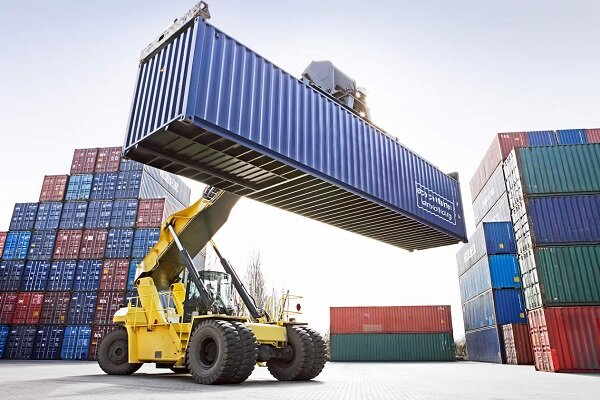Iran-EAEU agreement caused Iran to identify infrastructures of trade exchanges and plan to remove problems facing ahead, said Hamid Zadboum on Sunday.
Turning to the process of cooperation with EAEU, he reiterated, “in addition to the current members, other countries, including Uzbekistan, are in talks to join the Union, and others, such as Singapore, Vietnam and Iran, only intend to sign Free Trade Agreement (FTA) or carry out economic exchanges.”
According to him, membership in an economic union such as Eurasia requires customs and economic integration to create a union in terms of visas and business cards, which is time-consuming.
Elsewhere in his remarks, Zadboum pointed to Iran-EAEU Agreement and said, “Iran’s agreement with EAEU is currently temporary. In this agreement, a number of items have been listed but as the first year of agreement ends, negotiations for free trade will begin which will cover a wider range of items.”
Regarding the problems for expansion of trade ties with EAEU, he stated, “Logistics is one of the problems that should be taken into serious consideration for business exchanges, because, we cannot increase trade but use the same old and traditional system.”
Simultaneous increase of export and logistics infrastructures for trade with Eurasia is one of the requirements behind continuation of the agreement, he told IRNA, adding, “Currently, Iran’s lackluster logistic infrastructures is one of the problems to develop trade and achieve free trade with these countries.”
The initial agreement on the establishment of the Eurasian Economic Union was inked on May 29, 2014 between Russia, Belarus and Kazakhstan and replaced the Eurasian Customs Union, followed by Armenia and Kyrgyzstan.
MA/IRN84016371
